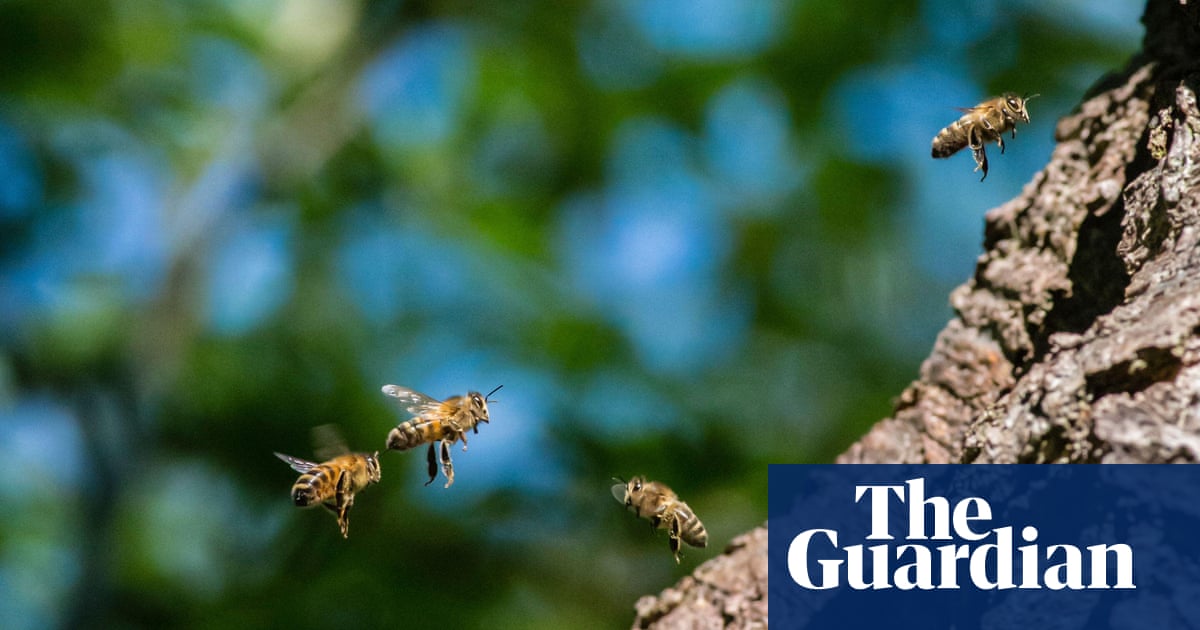
"Everyone wants to save the bees. Angelina Jolie put on a beekeeping suit for Guerlain and David Beckham proudly presented the King with a pot of honey from his bees in Oxfordshire. So many people wanting to do good have set up hives in their gardens or on roofs that they have become a symbol of sustainability. Of course, farming honeybees is a great way to make delicious honey, but there is a sting in the tail keeping hives doesn't help wild pollinators."
"Successful campaigns to save the bees have struck a chord with the public, but domestic honeybees don't need saving because they are not in decline setting up beehives is almost the equivalent of farming chickens to save wild birds. Meanwhile, there is a huge swathe of pollinators about 270 species of solitary bee and 25 species of bumblebee that are in real crisis and urgently need our help. Many of these threatened species are becoming rarer every year."
Celebrity-driven beekeeping has popularized backyard and rooftop hives, turning honeybees into a sustainability symbol. Domestic honeybees are not currently in decline, so adding hives does little to conserve wild pollinators. Roughly 270 solitary bee species and 25 bumblebee species face serious declines and urgent conservation needs. High densities of honeybees—up to 50,000 per hive—can outcompete native bees for nectar and pollen, especially where honeybees are non-native. When floral resources are limited, wild bees struggle to find food and become rarer. Targeted actions to protect native pollinator habitats and reduce competition are required.
Read at www.theguardian.com
Unable to calculate read time
Collection
[
|
...
]